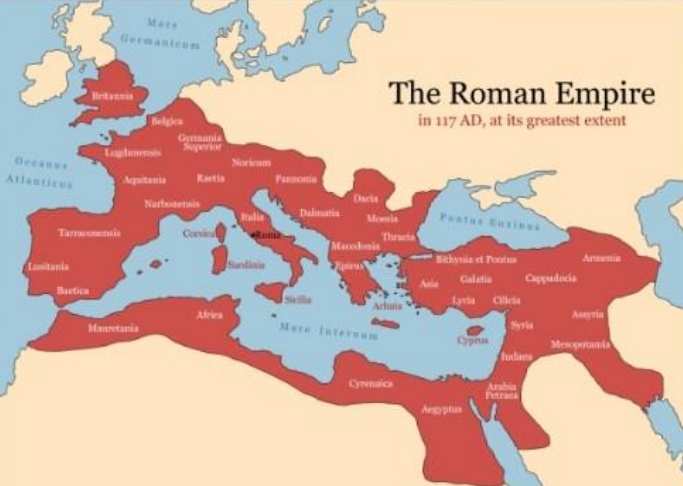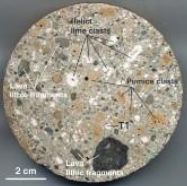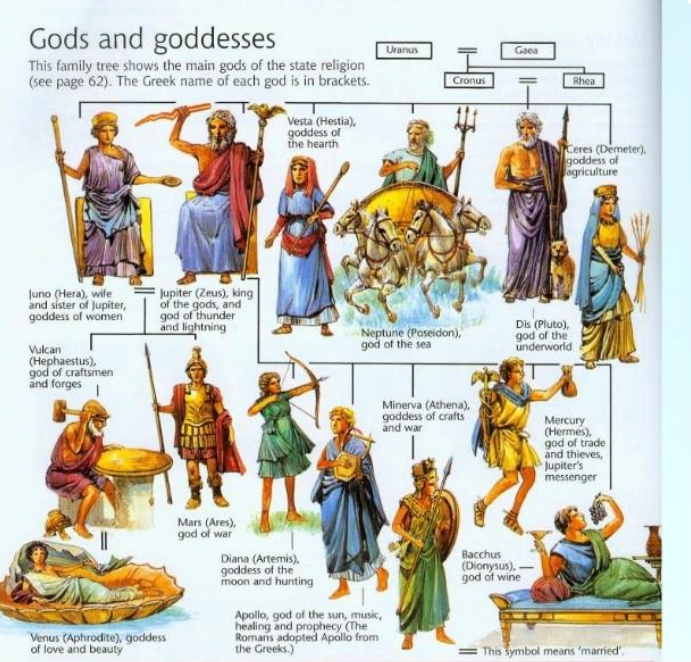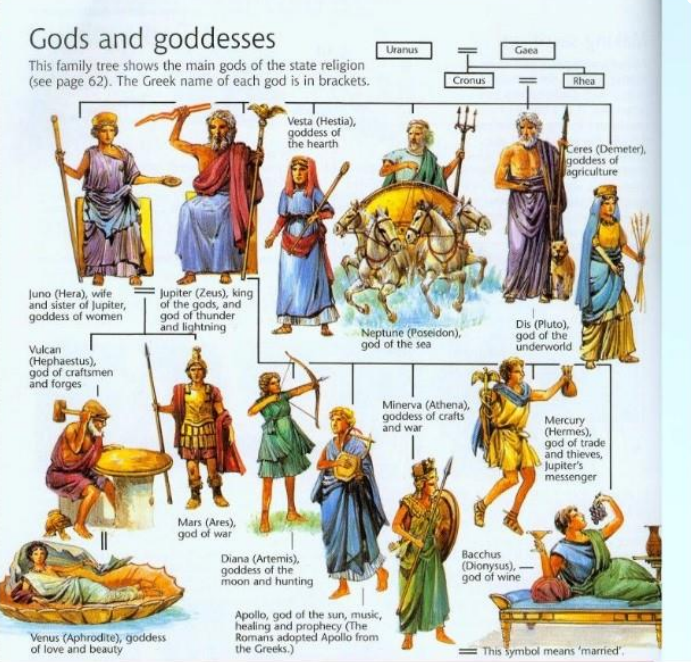1ST SEM MIDTERM: Roman Architecture (copy)
1/21
There's no tags or description
Looks like no tags are added yet.
Name | Mastery | Learn | Test | Matching | Spaced |
|---|
No study sessions yet.
22 Terms
Rome
capital of Italy
History of Civilization in Ancient Rome
Etruscan Period (753-510 BC)
Republican Period (510-44 BC)
Imperial Period (44-476 AD)
GEOGRAPHICAL
surrounded by water, almost flat
Rome is the capital of Italy
strategic commanding postion, conquer several countries: Africa, portion of Europe (expect the Goths, present-day Germany), Western Asia

Rome is surrounded by:
NORTHWEST: Gaul (present day France)
SOUTH: Ionian Sea and the Mediterranean Sea
WEST: Tyrrhenian Sea, Ligurian Sea, and the Mediterranean Sea
Cement
was invented by the Romans with the use of pozzolana (porous volcanic ash)
Concrete
chief building material in Roman Architecture
Geology of Rome
stone
bricks
sand
gravel
timber
MARBLE, STONE, TERRA-COTTA, TRAVERTINE, TUFA, PEPERINO, SAND, AND GRAVEL

Climate in Rome
NORTH: temperate
CENTRAL: sunny
SOUTH: almost tropical; diversity of architectural features
Religion in Rome
lesser veneration of gods
veneration of Emperors
a part of the constitution of the state
adapted the Greek gods and goddesses, but changed the names and attributes

Roman Social Class Order (494 BC)
Patricians (wealthy landowners, ruling class)
Plebeains (poor small farm owners)
Freemen (released slaces freed by owners)
Slaves (treated harshly, usually immigrants or prisoners of wars)
Patricians
top of the pyramid
wealthy landowners
ruling class
consuls, senators, practors
descendent of founding fathers
more rights, had veto power
Plebeains
poor small farm owners
little rights
no veto power
no say in government
Freemen
released slaves freed by owners
little rights like plebeains
became craftsmen, traders

Slaves
treated harshly, whipped, beaten, and branded
usually immigrants or prisoners of war
had to do private house work, mining, farming, engineering, etc.
can be released to become freeman
Latin
official language of Rome
Romans were NOT sea-faring people
True
Roman citizens are divided into two classes:
1) Members of the Roman Senate belonging to the highest social class
2) and other citizens
The Roman people were essentially 1) __________ and __________, many also aspired to become 2) _________ and ___________.
1) farmers and traders
2) soldiers and warriors
The Forum
the center of social life
very similar to the Greek Agora
the place for social, political, recreational, and religious activities
Democratic
the system of government in Ancient Rome
Government of two elected consuls during the Republican period:
1) Senate
2) Judiciary
page 199